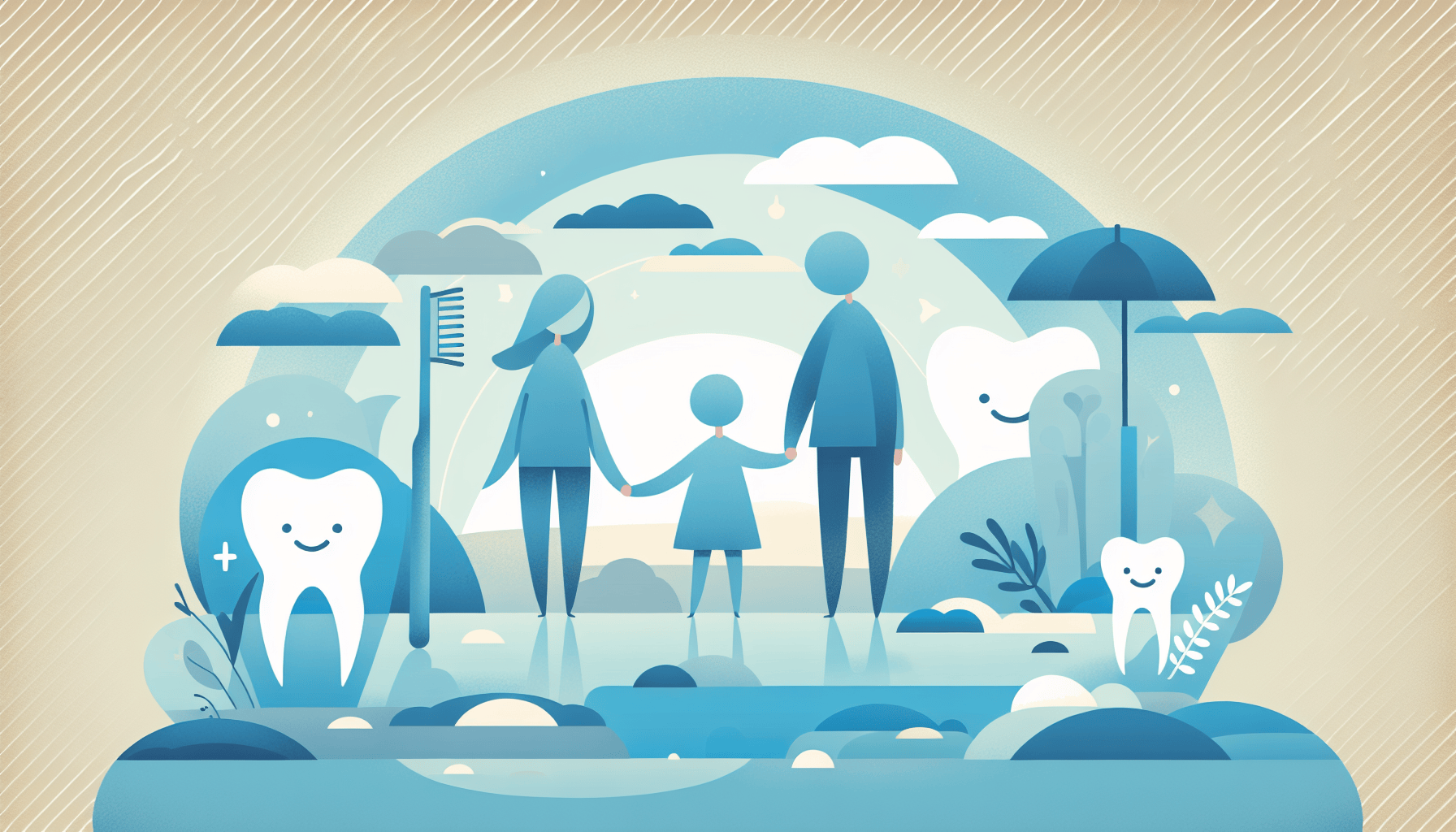As a new parent, watching your baby's first tooth emerge is an exciting milestone. While baby teeth are small, they play a crucial role in your child's development, helping them chew, speak, and smile with confidence. By establishing good oral hygiene habits early on, you can help your baby maintain a healthy set of teeth and gums.
Caring for Your Baby's Gums
Even before the first tooth appears, it's important to care for your baby's gums. Here's how:
Use a soft, moistened washcloth or piece of gauze to gently wipe your baby's gums at least twice a day, especially after feedings and before bedtime.
This practice removes bacteria and prevents the formation of plaque, which can damage infant teeth as they come in.
Brushing Your Baby's Teeth
Once the first baby teeth start to appear, it's time to introduce a toothbrush. Choose a toothbrush with a soft brush, small head, and large handle. Begin by wetting the toothbrush and gradually introduce a small amount of fluoride toothpaste as recommended by your child's pediatrician or dentist.
Brush your child's teeth twice a day, in the morning and just before bed, for two minutes each time. Focus on the back molars, as this is where cavities often first develop. Replace the toothbrush every 3-4 months or sooner if it shows signs of wear.
Tips for Successful Brushing
Brush your baby's teeth until they are old enough to hold the brush themselves.
Floss once all the baby teeth have come in, using floss sticks or picks for easier maneuvering.
Lead by example and allow your child to watch you brush your teeth to teach the importance of good oral hygiene.
Preventing Tooth Decay
In addition to regular brushing and flossing, there are several ways to protect your baby's teeth from decay:
Fill your baby's bottle only with formula, breast milk, water, or special electrolyte solutions when needed.
Avoid giving your child sugary drinks, such as fruit juices and sodas, especially at nap time or nighttime.
Never dip pacifiers in sugar or syrup, and aim to discontinue pacifier use by age 2 or 3.
Be mindful of sweet medications, as they can stick to the teeth and increase the risk of cavities.
Regular visits to a pediatric dentist, starting by age 1 or within 6 months after the first tooth comes in, can help prevent and address any dental issues early on. The dentist can provide advice on baby tooth care, teething, fluoride, thumb sucking, sealant coatings, and diet.
Teething and Pain Relief
Teething can be a challenging time for both babies and parents. Common symptoms include drooling, swollen gums, and slightly higher than normal temperature. To relieve your baby's teething pain, consider:
Offering a clean, cool teething ring or cold washcloth for your baby to chew on.
Gently rubbing your baby's gums with a clean finger.
Administering acetaminophen occasionally, as directed by your pediatrician, to relieve pain.
By establishing good oral hygiene habits and protecting your baby's teeth from decay, you can help ensure a lifetime of healthy smiles. Remember, healthy baby teeth lead to healthy permanent teeth.
For more information on baby teeth care, visit:


